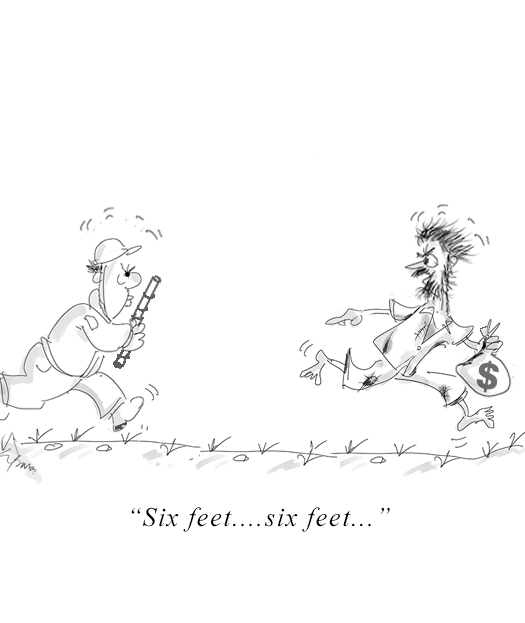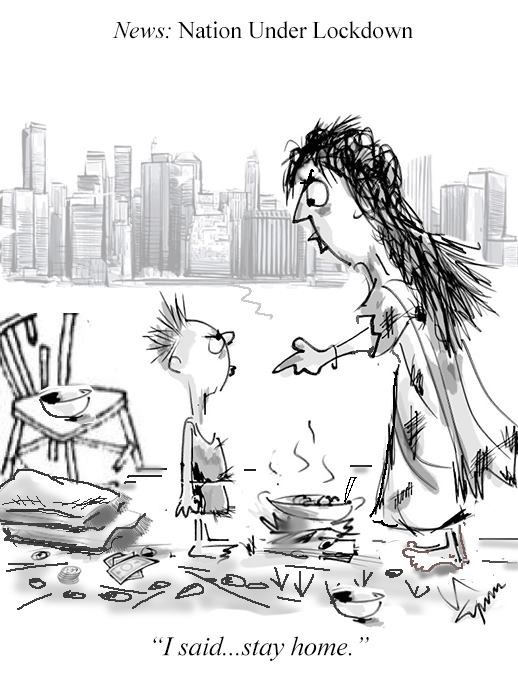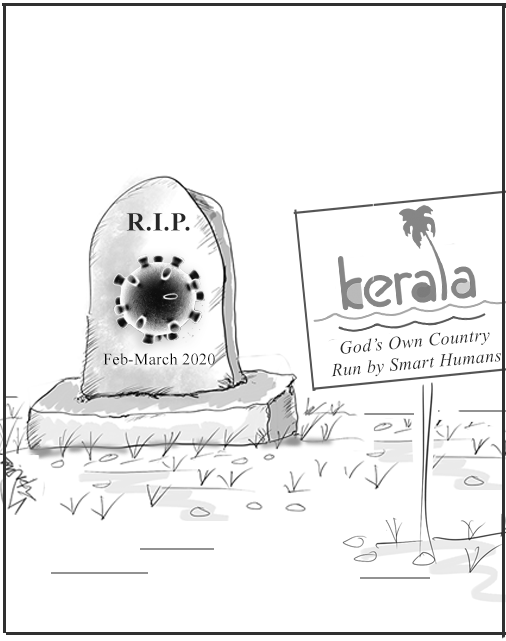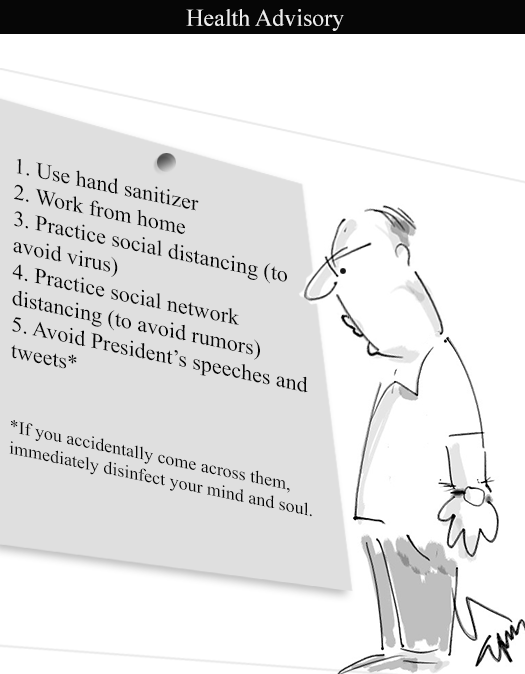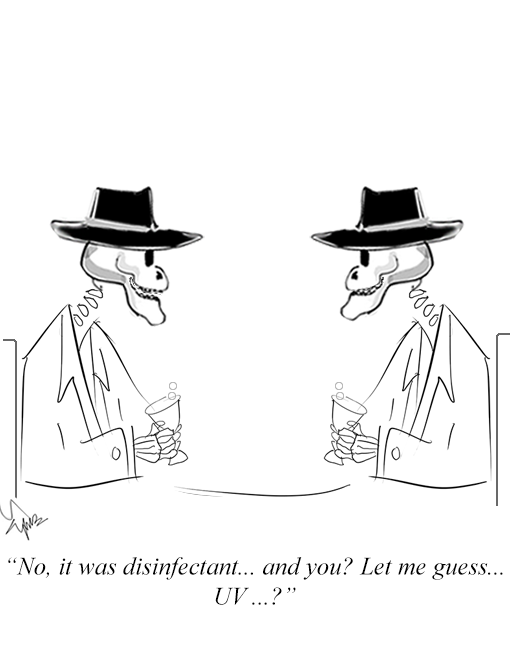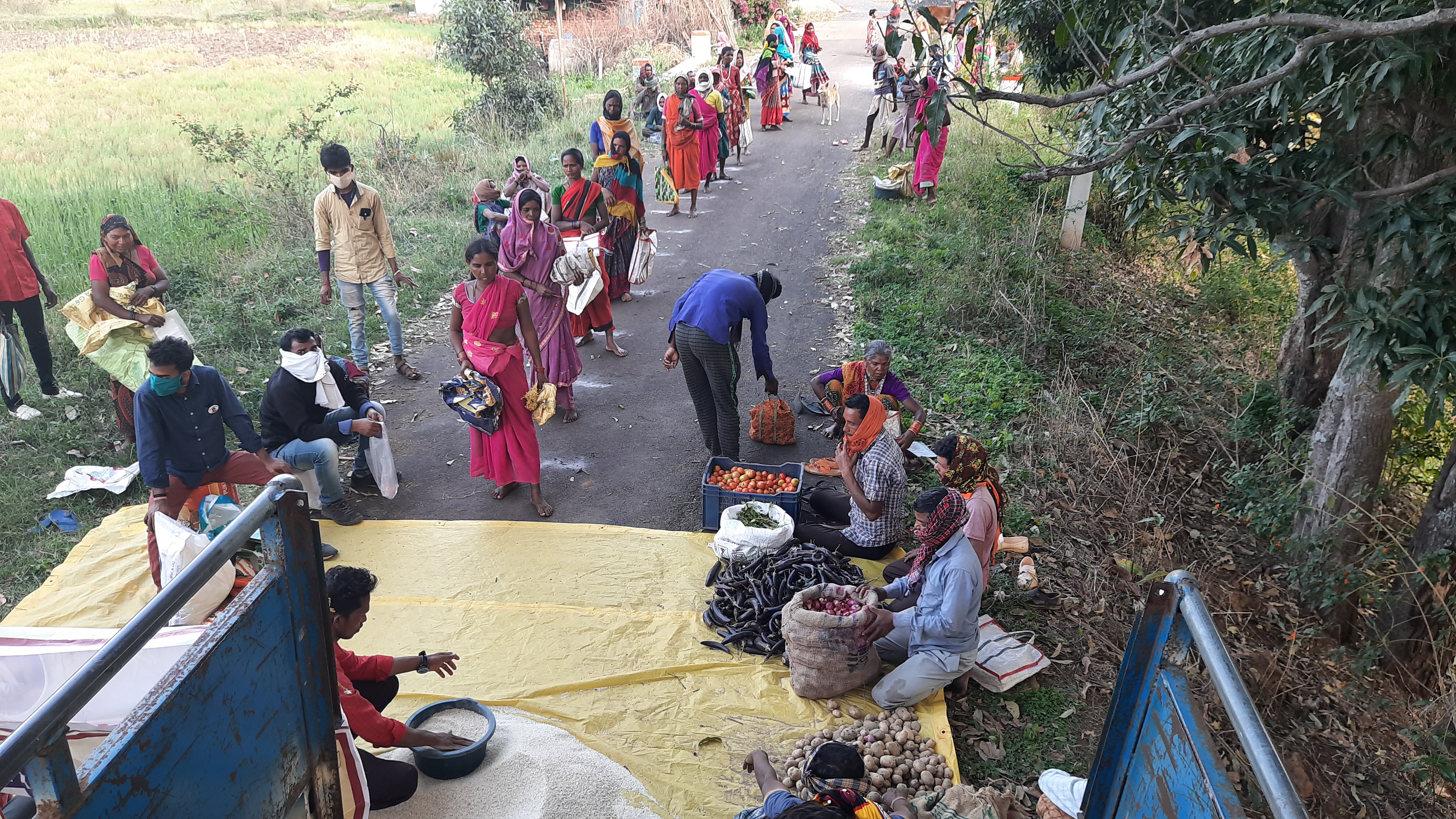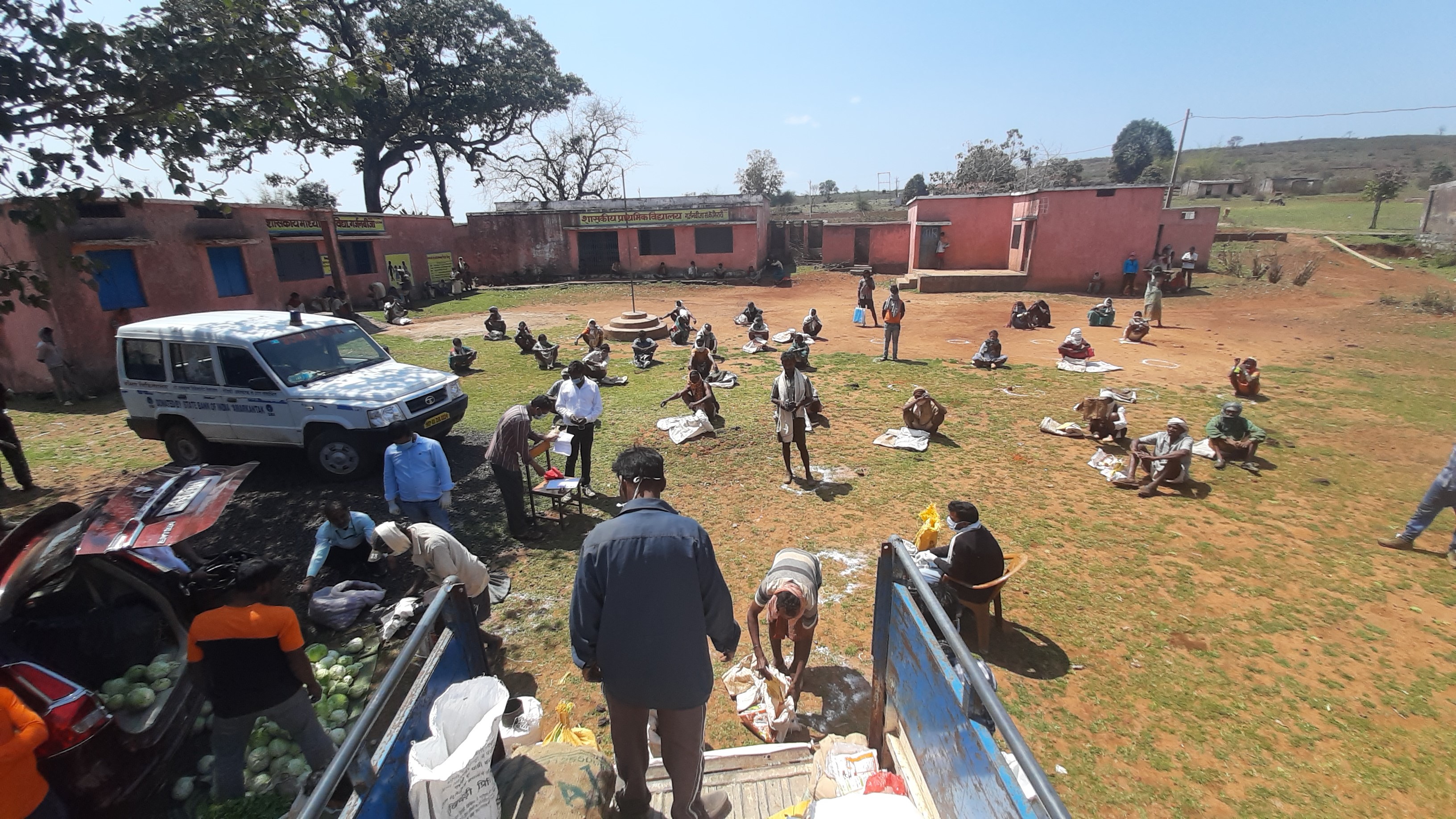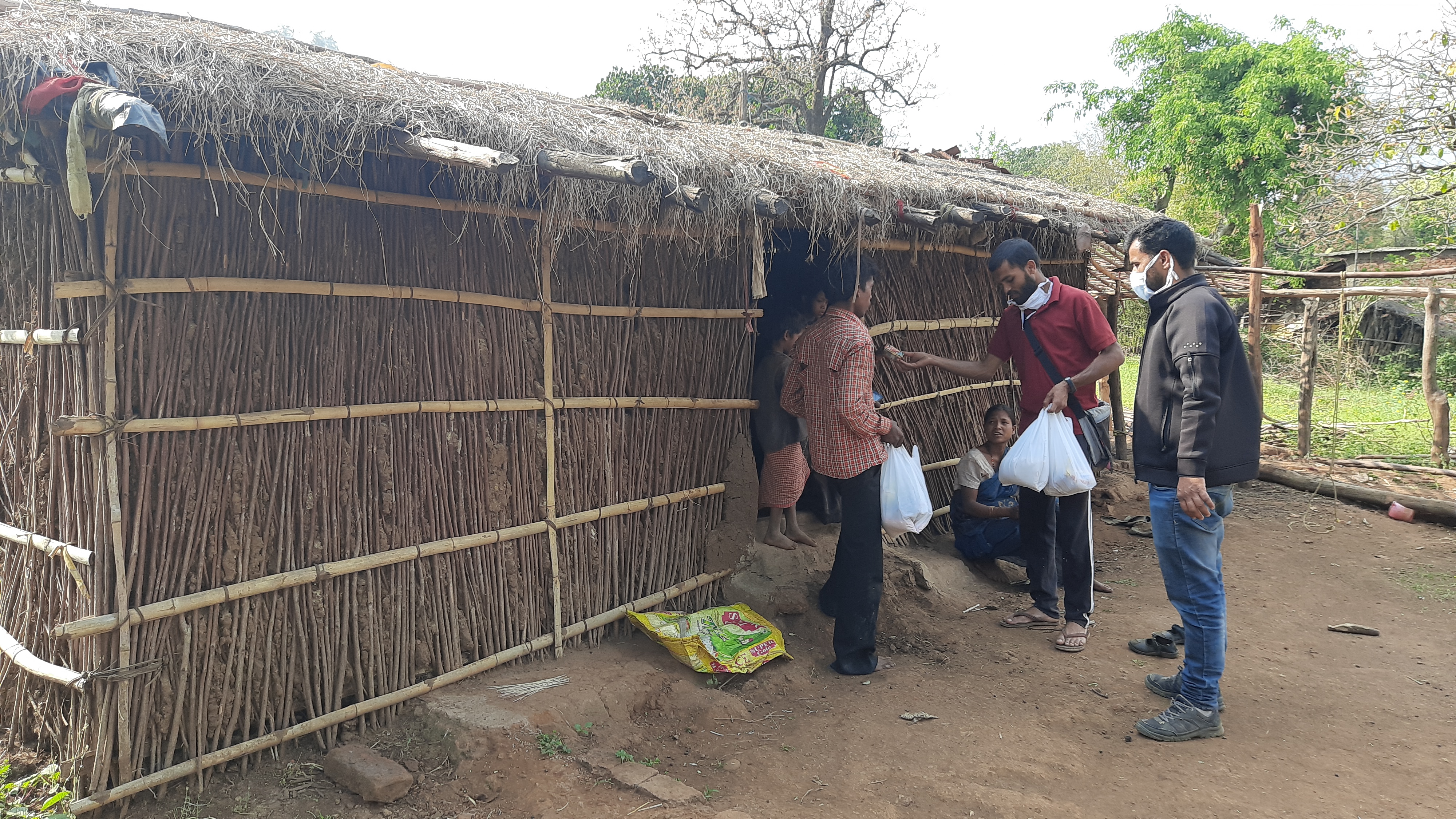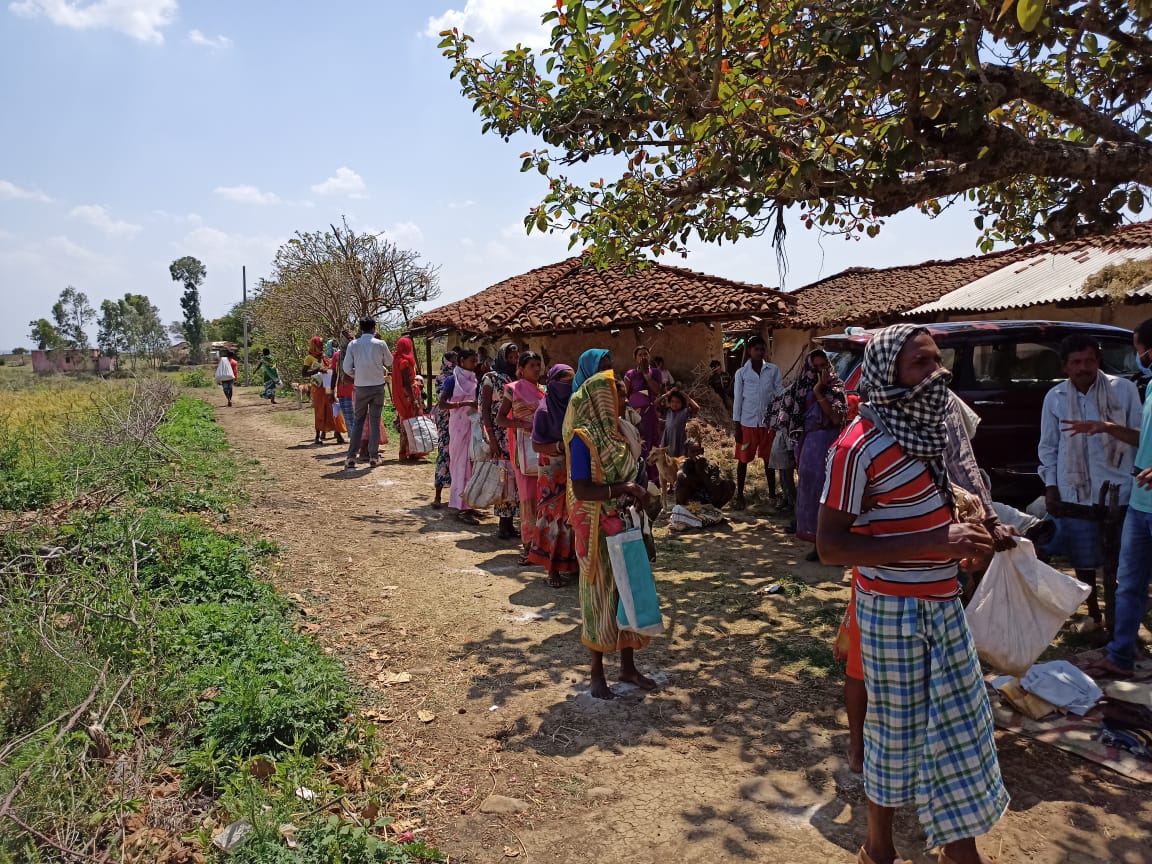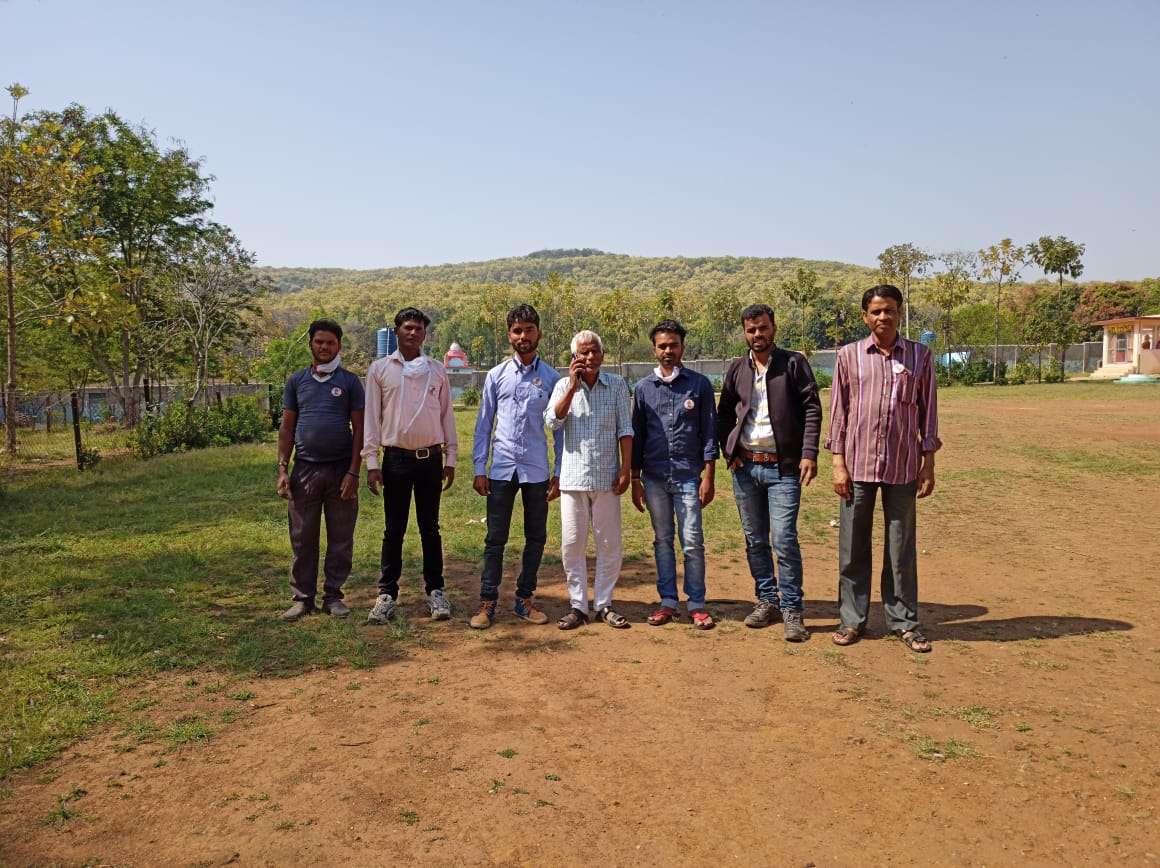Corona, Cartoons & Sketches of Suparno
Remember R.K. Laxman’s “You Said It”, the timeless cartoon strip published in Times of India that delighted millions of readers every morning?
Amid this corona catastrophe, when we’re missing Laxman and his immortal creations, faraway across the Atlantic in Maryland, US, Suparno Chaudhuri, an Indian digital marketing strategist, has taken up the cudgels against the powers-that-be through his incisive and insightful cartoons.
Laxman through his razor-sharp, and often virulent satirical cartoons, had exposed unbridled greed, rampant corruption and hypocrisy of Indian politicians. His portrayal of common man’s woes, their wretched conditions and helplessness and, above all, the precariousness of human life touched one and all.
Chaudhuri is now engaged in drawing cartoons touching on how our life is impacted in this extraordinary time. His cartoons range from homeless people to President Trump and sometimes, to pure, unalloyed fun. “While the pandemic has exposed the fragility and vulnerability of humans, I took to cartooning to reveal different sections of our society and ridicule Trump’s off-the-rails briefing and his ham-handed approach to battle the contagion. Sometimes they’ve global appeal, some are very American,” Chaudhuri said on telephone from his house in Silver Spring, Maryland.
Chaudhuri recalls Laxman saying: “The role of a cartoonist is not unlike that of the court jester of yore. His business in a democracy is to exercise his right to criticize, ridicule, find fault with and demolish the establishment and political leaders, through cartoons and caricatures.”
“I used to draw cartoons and sketches while I was a student of Presidency College in Kolkata. I was fascinated by the cartoons of Laxman, Kutty, Abu Abraham, Sudhir Dar, Chandi and O.M. Vijayan. I remember Laxman’s frazzled character, known as the Common Man (Times of India), Kutty’s wit and satire (Ananda Bazar Patrika), Abu’s analytical and hilarious (Indian Express) and Vijayan’s cerebral and sublime (The Statesman) cartoons,” he recalled. He follows American political cartoonists meticulously and is a big fan of New Yorker genre of cartoons.
“I must of course mention K. Shankar Pillai, fondly known as Shankar, the father of political cartooning in India who taught a nation to laugh at itself,” Chaudhuri said.
Shankar lampooned Jawaharlal Nehru, India’s first Prime Minister, mercilessly in some of his cartoons and yet there was a mutual admiration between them. Nehru even famously remarked “Don’t spare me Shankar”, he said.
Talking about Shankar’s brilliant caricatures, Chaudhuri remembers what Nehru said of him: “Shankar has that rare gift, rarer in Indian than elsewhere, without the least bit of malice or ill-will, he points out, with an artist’s skill, the weaknesses and foibles of those who display themselves on the public stage. It is good to have the veil of our conceit torn occasionally.”
Chaudhuri came to Kolkata for a short visit when the coronavirus was wreaking havoc in Wuhan which began in December last year. He went back to the US in mid-March while the Trump government was still downplaying the oncoming disaster. “The US government could hardly foresee the devastating impact of the virus on the country,” he said.
“New York, the city that never sleeps, is now almost a death valley; it’s shocking to see so many people perishing there every day,” Chaudhuri said.
“I thought I’d make some drawings of the US President to evoke laughter and point out his preposterous, utterly absurd advice and flawed strategy to combat the contagion,” he said. “At the same time, many ideas cross my mind for simple, pure fun. I’d be happy if my readers get a sense of positive perspective from my cartoons during these dark and depressing days.”
E-mail: suparno2k@yahoo.com
